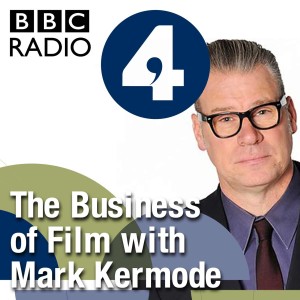Film critic Mark Kermode reveals the economic realities behind the film industry. In the first part of the series, Mark finds out about the journey from script to screen - a path littered with...
Film critic Mark Kermode reveals the economic realities behind the film industry. In the first part of the series, Mark finds out about the journey from script to screen - a path littered with obstacles.
Many films languish in so-called "Development Hell", where producers turn in scripts, listen to conflicting opinions and resubmit their storylines hoping for a magical green light. Some will make it, such as Jonathan Glazer's Under the Skin which took 13 years to get to the screen. Others, like Lynda Obst's film about an Ebola outbreak in the late 1980s, may finally see the light of day, in some form, twenty years on.
Away from the art and artifice lie the financial barriers to getting a film made. For some, the movie industry in 2015 is little more than the 'branded carnival business'. The Hollywood studio system seeks success, replication, and reliability. Has an industry that was built by risk takers now become risk averse? Independent movie makers struggle to raise the finance for their films while the big studios produce movies that they know will turn a profit.
We hear from the BFI, Channel 4 and BBC Films on the support they are offering. Experts within film finance describe their model, but Lock Stock and Kick Ass producer Matthew Vaughn, who has turned a profit on every film he has made, believes there is no such thing as a British film industry and movies should not be subsidised with tax breaks, adding that the industry is just a 'glamorised service provider'.
Producers: Barney Rowntree and Nick Jones
A Hidden Flack production for Radio 4.
view more
More Episodes
Create your
podcast in
minutes
- Full-featured podcast site
- Unlimited storage and bandwidth
- Comprehensive podcast stats
- Distribute to Apple Podcasts, Spotify, and more
- Make money with your podcast
It is Free
You may also like

Global News Podcast


The Infinite Monkey Cage


Friday Night Comedy from BBC Radio 4


A Tale of Two Cities


Just So Stories


You’re Dead to Me


Elis James and John Robins


- Privacy Policy
- Cookie Policy
- Terms of Use
- Consent Preferences
- Copyright © 2015-2024 Podbean.com



 iOS
iOS Android
Android
